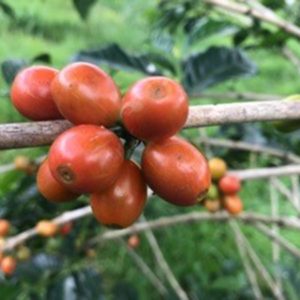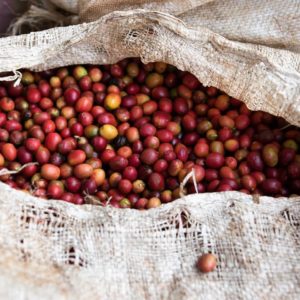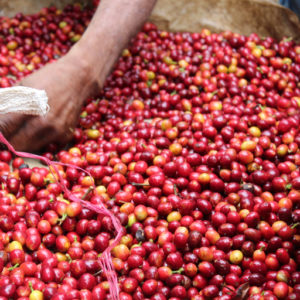El Salvador Honey Orange Bourbon SHG Special Preparation Finca Buenos Aires
The name Buenos Aires (Spanish: nice winds) reflects the privileged location where this finca finds itself, blessed by kind and gentle breezes.
Finca Buenos Aires is owned since 2014 by don Ricardo Kriete, descendant of a long-tradition of Salvadoran coffee producers and great enthusiast for nature and high-profile coffee.
The finca has a long-standing reputation, partly due to its exquisitely maintained old Orange and Red Bourbon trees, grown protected by the shade of native trees. The Bourbon is a natural mutation of the Typica, one of the earliest and most important coffee varieties, and it is spread worldwide: the Red, Yellow and Orange (sometimes known as Pink) Bourbon are varieties with natural mutation of one recessive gene, named after the color of the berry.
The coffee is carefully harvested by hand and meticulously sorted before being delivered for processing to the mill. All processing by-products are collected, environmentally processed and reused as organic fertilizer. A rainwater harvesting system allows to reuse the rainwater in the washed processing method.
The region’s rich dark soils and blessed climate make the perfect environment for a coffee with a spectacular cup quality and wonderful aroma.










